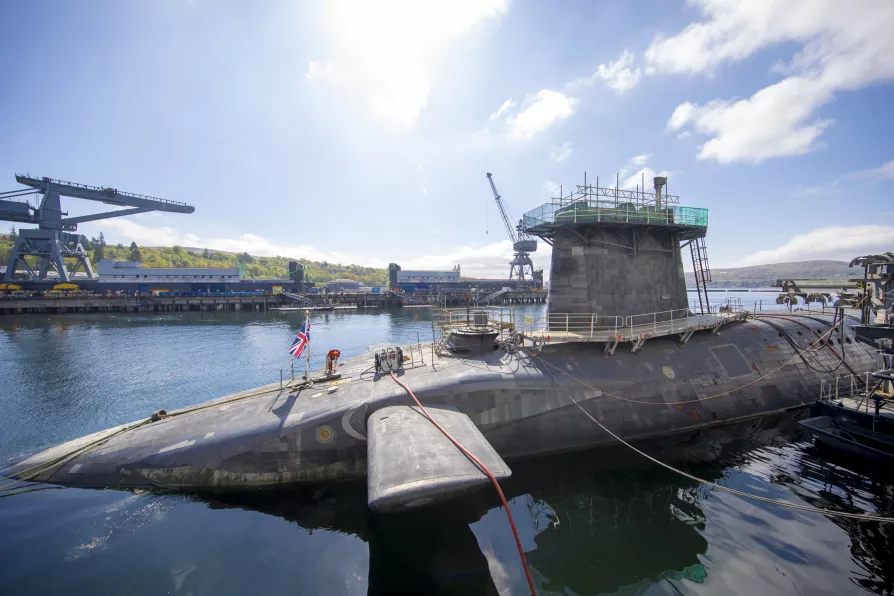Data on regional deprivation in England shows us an unequal society, but what to do about it remains unanswered argue ROX MIDDLETON, LIAM SHAW and MIRIAM GAUNTLETT

 HMS Vigilant at HM Naval Base Clyde, Faslane, which carries Britain’s Trident nukes
HMS Vigilant at HM Naval Base Clyde, Faslane, which carries Britain’s Trident nukes
A SIGNIFICANT driver of support for constitutional change in Scotland has been discontent with aspects of Westminster foreign affairs and defence policy. Currently, the Scottish Parliament has little role in international policy. It does however regularly discuss international issues, and votes on motions relating to a wide range of foreign affairs and defence-related matters.
The Scottish government is anti-nuclear but not anti-Nato. There is a widespread view in Scotland that the Parliament should support humanitarian projects and in the Parliament that the current aid cuts are unacceptable. There is no consensus in support of a principled stance against Western military intervention or a broader analysis of the West’s role or focus on the extent to which Scotland might seek to rupture from this settlement.
The Scottish government also has a small international budget. It undertakes work relating to several countries, and on specific issues such as safe water, and women and girls. Unlike the German Lander (states), it does not have the right to enter international treaties. Whatever position the Scottish Parliament or Scottish government takes, they have no direct input into any aspect of foreign policy taken at a UK level.














